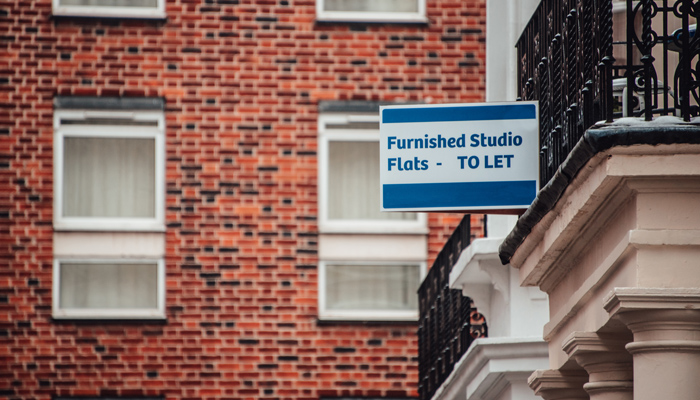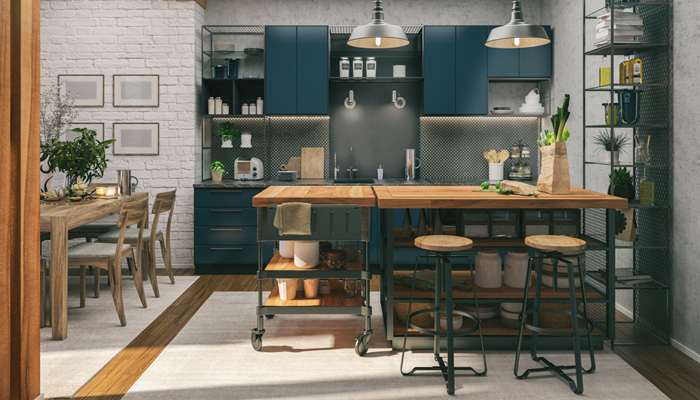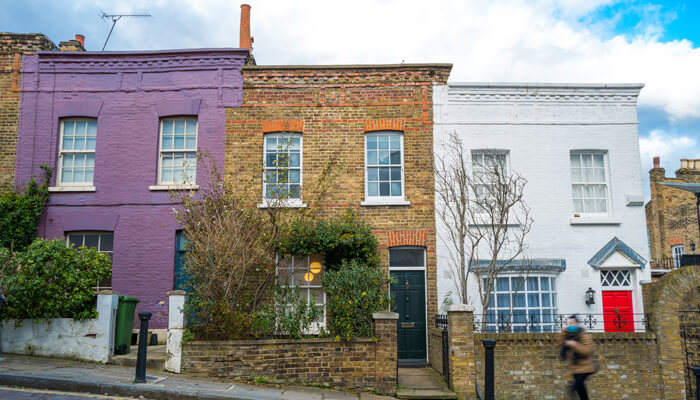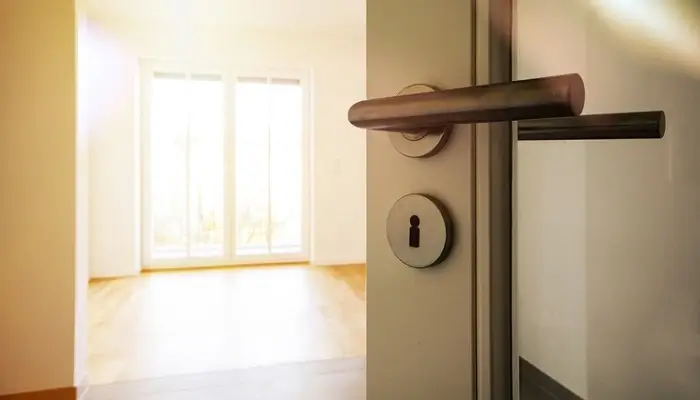Landlord Mould Responsibility: A Guide for Tenants and Landlords
Mould is a pesky problem that can develop in rental properties, especially in damp and cold weather. Both landlords and tenants have a role to play in identifying, preventing, and removing mould.
What is mould and why should you care?
Mould is a type of fungus that thrives in humid, damp indoor environments. You'll see it pop up as coloured spots and patches on surfaces. Common problem areas include bathroom walls, around window frames, and anywhere leaks occur.
Mould releases spores, allergens, and irritants into the air, which can cause:
- Respiratory infections like pneumonia.
- Allergic reactions - runny nose, sneezing, red eyes, rashes.
- Weakened immune system and susceptibility to illnesses.
- Headaches, dizziness, and fatigue from mycotoxin poisoning.
So mould isn't just a cosmetic eyesore - it can directly impact your tenants' health and wellbeing if left unchecked.
What factors cause mould to spread in rentals?
Mould needs three key elements to grow - a food source, temperate climate, and moisture. Excess dampness from sources like leaks, flooding, condensation and humidity allow mould colonies to thrive. Some common triggers include:
- Leaky roofs, pipes, appliances
- Rain infiltration through windows
- Bathroom and cooking humidity with poor ventilation
- Overflowing gutters, drains, flowerpots collecting water
- High occupancy without sufficient airflow
- Malfunctioning air conditioning drip pans
Structural issues causing mould
There are certain situations where mould is the landlord's clear responsibility to address under the Landlord and Tenant Act 1985:
- Leaky pipes, sinks, showers.
- Broken or missing extractor fans.
- Rotting window frames allowing moisture in.
- Poor insulation leading to condensation.
Essentially, if the mould results from disrepairs and structural faults, the landlord needs to fix those issues to resolve the problem.
How tenants can prevent mould
Tenants aren't completely off the hook when it comes to controlling mould. There are steps renters should take to minimise mould growth in their unit:
- Ventilate while showering or cooking - open those windows!
- Thoroughly dry any bath mats and indoor-dried clothes.
- Use dehumidifiers and mould-removal spray.
- Promptly discard rotting, mouldy food in the fridge.
Maintaining good airflow and reducing excess moisture makes it much harder for mould to take root in your space.
What to do if you spot mould
If you notice the first signs of mould, take action right away:
- Document with photos and written records
- Contact your landlord requesting an inspection or repairs if needed.
- Follow up if no action has been taken within 14 days.
- Contact your local council if negligence is verified.
And remember - never withhold rent without consent, as this could prompt eviction. If the issue persists, you can legally make urgent repairs yourself and deduct costs from rent if issues pose health risks.
How to remove mould from your home
Before cosmetically removing mould, it’s important to identify and fix the moisture source to prevent it returning. Once you’ve done that, follow these steps:
- Mix detergent and warm water solution
- Scrub surfaces using stiff brush
- Dry quickly and thoroughly
- Apply mould killing solutions
- Remove and dispose of porous materials like drywall
- Replace HVAC filters
- Wear proper protective gear like gloves, goggles and masks
Prevention really is critical when it comes to mould. Staying vigilant about moisture levels and indoor humidity goes a long way in inhibiting mould growth. Tenants should be on the lookout in their unit and promptly report anything concerning like leaks or musty smells to their landlord. For their part, landlords need to address any structural deficiencies that could be contributing to dampness. Detecting and resolving issues early is key.
By working together, landlords and tenants can help provide a healthy indoor environment that keeps mould hazards at bay. Stop mould in its tracks by acting at the first signs. An ounce of prevention is truly worth a pound of cure when it comes to mould!
Landlords insurance from Towergate
It is important to understand that damage which occurs gradually from issues such as mould cannot be insured under a Landlords Insurance policy and its vital that you take your own precautions to prevent damage. However, there are many unforeseen events that can be insured such as fire , storm or flood which may cause considerable loss of damage to your property, together with the potential for loss of rent whilst the building damage is being reinstated.We provide landlord insurance for a wide range of properties and tenants including multi occupancy, students, local authority placements, unoccupied and much more. Check out our landlord insurance page or call 0333 060 0915 for more info.
Commercial property insurance from Towergate
At Towergate, we also offer cover for a range of commercial properties from our trusted network of leading insurers. You can place just one commercial property or a whole portfolio under one policy, including standard and unoccupied residential and mixed-use buildings.
Fill out our commercial property owners enquiry form to receive a commercial property insurance quote, call us on 0330 828 0512 or request a call back at a convenient time.
About the author
 Alison Wild BCom (Hons), FMAAT, MATT, Taxation Technician is a highly respected industry professional who has been working with and advising SMEs in areas including tax, pensions, insurance and marketing for over 25 years. She is a Fellow member of the Association of Accounting Technicians (AAT) and Association of Tax Technicians (ATT) and also has 20 years' experience as a residential landlord.
Alison Wild BCom (Hons), FMAAT, MATT, Taxation Technician is a highly respected industry professional who has been working with and advising SMEs in areas including tax, pensions, insurance and marketing for over 25 years. She is a Fellow member of the Association of Accounting Technicians (AAT) and Association of Tax Technicians (ATT) and also has 20 years' experience as a residential landlord.
The information contained in this article is based on sources that we believe are reliable and should be understood as general information only. It is not intended to be taken as advice with respect to any specific or individual situation and cannot be relied upon as such.
Date: April 02, 2024
Category: Landlords












